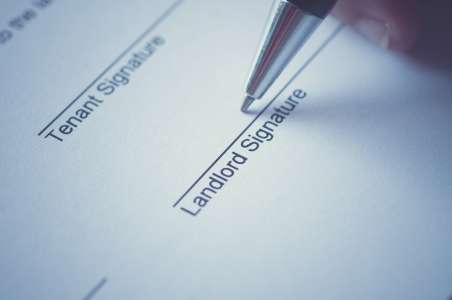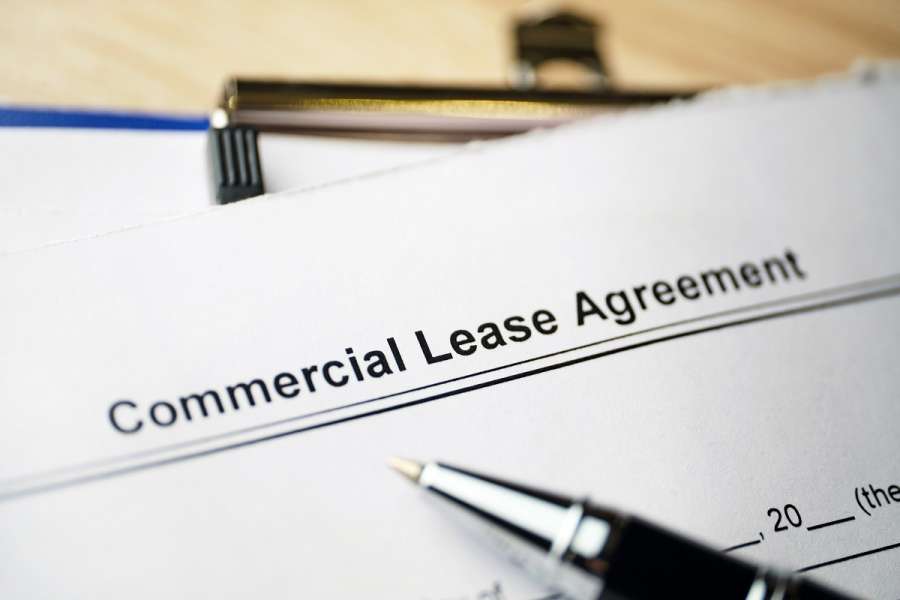The traditional model of a rack rent lease is well-established and familiar.
A rate is negotiated, usually on an annual basis, and is paid in equal quarterly instalments in advance. If the lease is of a sufficient length, rent review provisions allow for a reassessment of the rent at regular intervals, by reference to the then open market rent.
Usually, the review process will be on the basis that the rent can only go up, never down. Other than that, the rent as negotiated does not change.
Regardless of whether the tenant is trading profitably, and regardless of what use the tenant actually makes of the property, the rent is a known figure.
That model has the merit of predictability and allows the landlord to make a straightforward calculation of the return on investment, but it is inflexible.
Flexibility means having a fluctuating level of rent, and the mechanism for achieving that which has found some market acceptance is for the amount of rent to be calculated in part by reference to the turnover which the tenant achieves from the premises.
The pros and cons for the landlord and tenant may vary. The attractions from the tenant’s side are not hard to see: in poor trading periods, there is a degree of downward adjustment of property costs to insulate the tenant from the impact.
Moreover, the landlord is incentivised to promote the property and keep it well-managed, well-maintained and fully let, with a view to maximising its rental income. That is always true, but the relationship is more direct, where rents are payable on a turnover basis.
The attraction to the landlord is less obvious since the arrangement involves assuming a part of the tenant’s risk, but there is also the potential to participate in profits and achieve a better rental income than would otherwise be the case.
More importantly, by offering the tenant something of a helping hand in difficult circumstances, a turnover rent promotes the sustainability of the tenant’s business and so reduces the risk of tenant insolvency and rental voids.
Given the significance of void property costs now, this is an increasingly important consideration for landlords.
Landlords may try to build in terms to protect their position, such as:
- A landlord’s break option.
- A ‘success payment’ for the landlord, if turnover exceeds a specified threshold (in the form of a one-off payment or an uplift in the rent); or
- A ‘look back’ period is when a balancing rent is due if the turnover-based element of rent has failed to reach certain levels.














